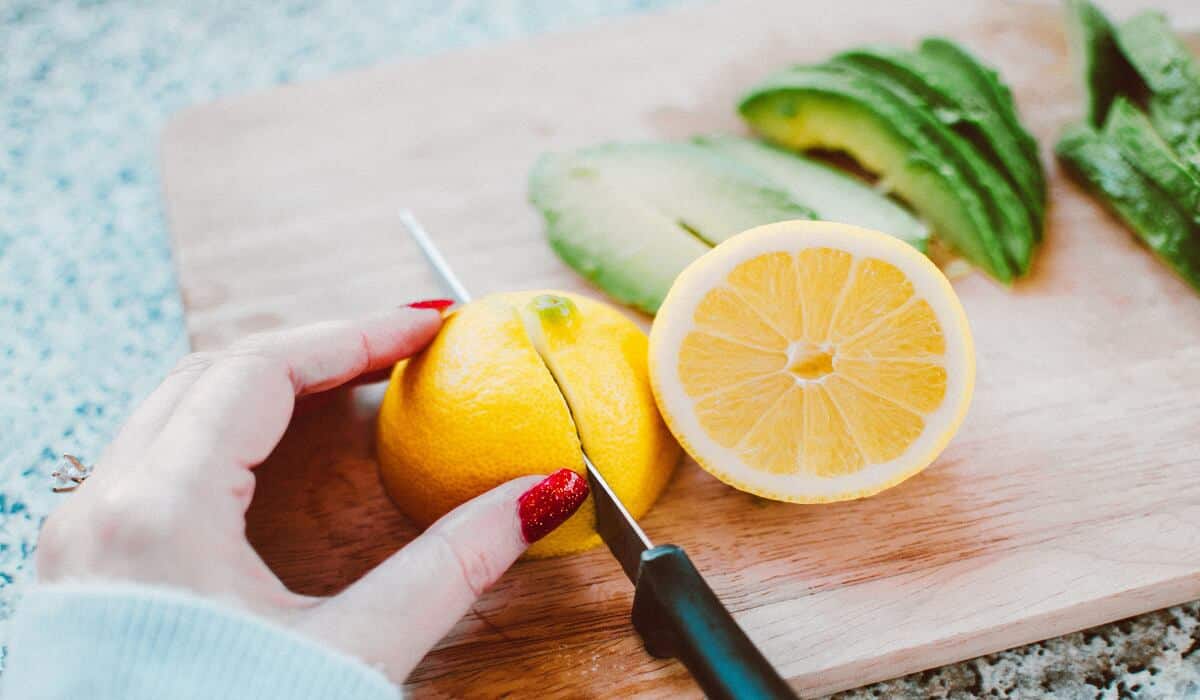Table of Contents
A Damascus knife is a prized possession for many professional chefs and cooking enthusiasts alike. Renowned for their exceptional sharpness, durability, and exquisite aesthetic, these knives are becoming increasingly popular in modern kitchens. In this article, we will explore the reasons why you should consider adding a Damascus knife to your culinary arsenal and provide a comprehensive guide on how to choose the perfect one for your needs.
Superior Sharpness:
One of the primary reasons to invest in a Damascus knife is its exceptional sharpness. The unique composition of multiple layers of high-carbon steel creates a fine, intricate pattern on the blade surface while ensuring superior cutting performance. Whether you’re slicing vegetables, dicing meat, or finely chopping herbs, a Damascus knife will provide you with precise and effortless cuts.
Exceptional Durability:
Durability is another key advantage of Damascus knives. The layering technique used in their construction enhances the strength and resilience of the blade. By combining hard and soft steel layers, Damascus knives exhibit excellent resistance to chipping, cracking, and general wear. This durability ensures that your knife will maintain its performance for an extended period, reducing the need for frequent sharpening or replacement.
Unique Aesthetic Appeal:
Aside from their exceptional functionality, Damascus knives are known for their stunning visual appeal. The distinctive patterns created by the layering and folding of the steel result in a mesmerizing, wavy pattern on the blade surface. This aesthetic characteristic makes each Damascus knife a unique work of art. Further, adding a touch of elegance and sophistication to your kitchen.
Choosing the Perfect Damascus Knife:
Consider the Purpose: Start by considering the primary purpose of your knife. Do you need a versatile all-purpose knife, a chef’s knife, a Santoku knife, or a specialized knife for a specific task? Different Damascus knives are designed for specific cutting techniques, so selecting the right knife for your needs is crucial.
Blade Material:
While Damascus knives are primarily made from high-carbon steel, you can find variations in the types of steel used. Some common options include VG10, VG-MAX, and AUS-10. Research and compare the characteristics of these materials to determine the ideal balance of sharpness, durability, and ease of maintenance for your preferences.
Handle Design:
The handle is another important consideration when choosing a Damascus knife. Look for a handle material that offers a comfortable and secure grip, such as wood, G-10 fiberglass, or Micarta. Ergonomics and balance are key factors to ensure extended comfort during prolonged use.
Maintenance and Care:
Consider the maintenance requirements of the knife. Some Damascus knives require additional care due to the high-carbon steel used in their construction. Look for knives that are easy to clean and maintain, and consider investing in a honing rod or sharpening stone to keep the blade in optimal condition.
Conclusion:
Always choose authentic Real Damascus Knives for buying one and Investing in a Damascus knife for your kitchen is a decision that brings together functionality, durability, and aesthetic appeal. The superior sharpness, exceptional durability. As well as, unique patterns make these knives a cherished tool for both professional chefs and home cooks. By considering the purpose, blade material, handle design, and maintenance requirements. You can find the perfect Damascus knife that suits your cooking style and enhances your culinary experience. So, elevate your kitchen arsenal and enjoy the precision and beauty of a Damascus knife.


